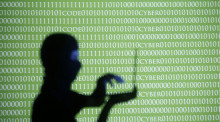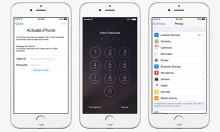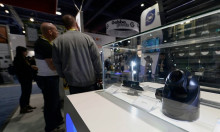Payroll data leaked for current, former Snapchat employees
In a blog post on Sunday, Snapchat executives revealed that the payroll data of some current and former employees was exposed as the result of a scam e-mail sent to a human resources employee at the company.
"The good news is that our servers were not breached, and our users’ data was totally unaffected by this," a company spokesperson said in the post. "The bad news is that a number of our employees have now had their identity compromised. And for that, we’re just impossibly sorry."








































































